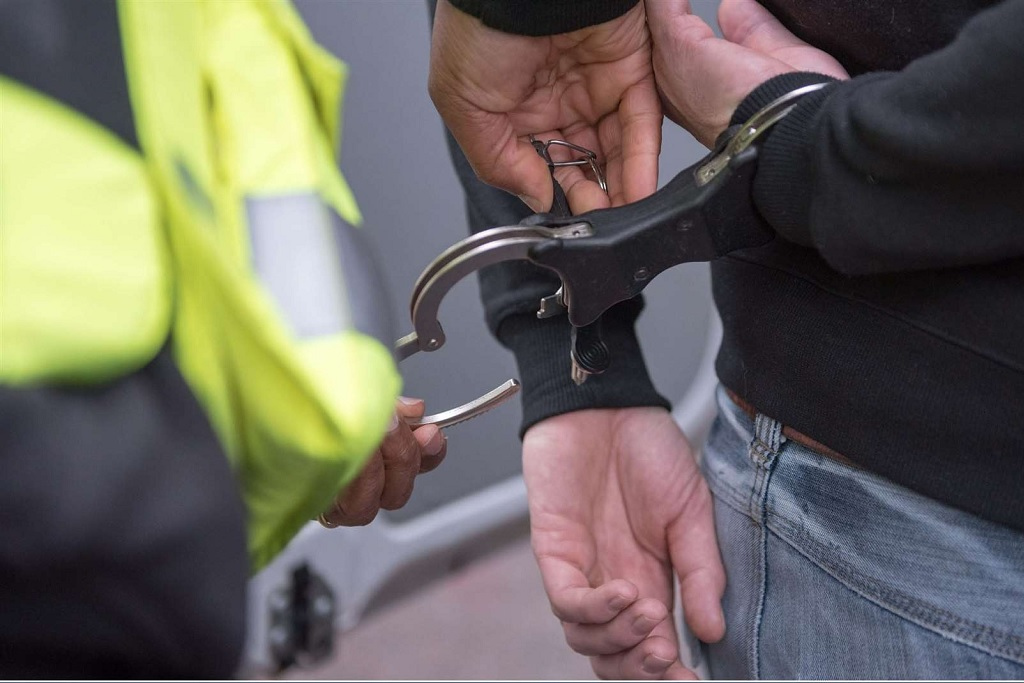If someone is taking drugs or addicted to them, they should be aware that the outcome of that can manifest itself in several ways, which include hospitalisation, being admitted to a drug rehab facility, or, if caught in possession of those drugs, being arrested and ultimately prosecuted for a drug offence.
With the last of those possibilities, arrest, it is in your best interests to be aware of what your rights are if you happen to be arrested for a drug offence. One problem with drug offence arrests is the fact that if you are arrested under the influence of drugs, your thought processing and reasoning are likely to be considerably impaired.
What can happen in those circumstances is instead of being rational about the situation, you could behave completely irrationally. This can worsen the situation in several ways, which can include resisting arrest, trying to flee, or, worst of all, assaulting a police officer. All of these can make the seriousness of what you are being arrested for far greater and potentially attract a more severe sanction than the original drug offence if you are convicted.
We are going to try to stay positive and thus not look at the scenarios where you might do something which lands you in even more serious trouble. Instead, we will assume that you remain clear-minded and thus able to fully comprehend that you are under threat of arrest and what for. In this case, you should also be clear about your rights if you are approached by police with the possibility of being arrested for a drug offence.
Your Rights On Police Searches
Police have the right to search your property or your vehicle if any of the circumstances below apply.
- They ask for your consent to search, and you give it to them
- They have a valid search warrant
- The law provides them with the power to conduct a search without consent or a search warrant.
The reasons that police have for considering a search are numerous, and whilst not all of them would apply if they believed you were in possession of drugs, for example, you should at least be aware of the main reasons, which are:
- An offence is being committed
- They are looking for evidence related to an offence
- They are looking for someone they suspect of committing an offence
- To protect young persons
- To find the proceeds of a crime
If the police approach you and state that they wish to search your property or vehicle, you should request that they state under which legal power they have the right to conduct the search. If they do show that they have the power to search, even if that is without your consent, do not make matters worse by trying to obstruct them, abusing them, or, worse, assaulting them.
Right To Silence
If you are arrested for a drug offence, you have the right to remain silent other than to provide your name and address, which you must do. Note that your right to remain silent is at all times, including when in the car driving to the police station.
This is where those arrested often forget about their right to silence, start chatting away to the police and end up incriminating themselves even more. Police will understandably use the more relaxed scenario in the car to talk to someone who has been arrested for trying and garnering more information. So, it is in your interests to keep your lips sealed at all times, even if it does seem rude.
Right To A Lawyer
Your silence should remain until you have been able to speak with your lawyer, and they advise you on how to proceed. You should never take part in any form of police interview at the police station unless you have your lawyer present. They may advise you to continue to remain silent or may advise that it is okay to answer specific questions, with the proviso that you are doing so to clear your name, not dig yourself a deeper legal hole.


